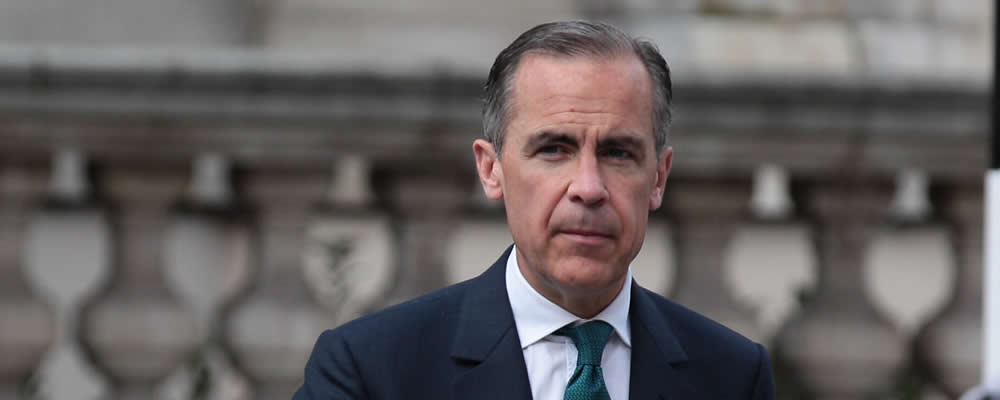- GBP EUR Exchange Rate Slips from 1.14 Highs – Pair drops from best levels
- Sterling Boosted by UK Retail Data – Euro weak on German political jitters
- GBP Update: UK Growth Misses Forecasts – Pound weakens on Friday
- Forecast: PMIs Due Next Week – UK services could be highly influential
Updated 12:52 BST 29/09/2017:
After strong advances earlier in the week, the GBP EUR exchange rate tumbled on Friday morning due to disappointment with the day’s UK growth results.
Britain’s final Q2 Gross Domestic Product (GDP) results were projected to slip from 2% to 1.7%, but instead fell from a revised 1.8% to just 1.5%.
Following comments from Bank of England (BoE) Governor Mark Carney that the possibility of higher interest rates depends heavily on the strength of Britain’s economy, the news concerned Pound traders.
GBP EUR dropped below 1.14 and on Friday morning trended in the region of 1.1330.
[Published 06:00 BST 28/09/2017]
The GBP EUR exchange rate continued to trend relatively close to its best levels on Wednesday despite a lack of highly notable ecostats, as Sterling took advantage of market uncertainty on Germany’s political outlook.
GBP EUR began the week trending at around 1.1292 and has since climbed. The pair hit a two-month high of 1.1414 on Tuesday night and continued to test levels around 1.14 for most of Wednesday’s session.
Pound (GBP) Supported by CBI’s UK Retail Report
Despite a lack of highly influential UK data in recent sessions, the Pound was able to hold its ground near its best levels against the weak Euro.
This was partially because of market anticipation for more comments or news from the Bank of England (BoE), following the bank’s surprisingly hawkish tone in recent weeks.
On top of this, an impressive UK distributive trades report for September from the Confederation of British Industry (CBI) indicated that Britain’s retail sales had been better than expected.
The CBI distributive trades print jumped from -10 to 42 in September, despite being expected to only climb to 5. This marked the highest point for the print in two years, since September 2015.
Still, the report wasn’t notable enough to help GBP EUR to climb to fresh highs, as Brexit uncertainty has kept pressure on the Pound.
Brexit negotiations resumed on Monday following a speech from UK Prime Minister Theresa May last Friday, but markets fear UK-EU negotiations are still stuck in a deadlock.
According to SEB currency strategist Richard Falkenhall;
‘Most of the Sterling recovery over the last two weeks is probably related to a repricing of expectations on BOE policy, which means that the Pound still trades with a significant Brexit risk premium,
Any sign of progress in Brexit negotiations would probably reduce the risk premium and strengthen the Pound. We have revised our forecasts in Euro/Sterling lower.’
As traders waited for a Thursday speech from Bank of England (BoE) Governor Mark Carney, the Pound remained firm.
Euro (EUR) Weak on Persistent German Political Uncertainty
Since the 2017 German federal election took place last Sunday, Euro investors have been anxious and have sold the recently strong shared currency from its highs.
German Chancellor Angela Merkel did successfully win a fourth term as expected, but with a much smaller share of seats in the Bundestag.
Markets hoping for Merkel to continue pushing her plans for greater Eurozone integration have been disappointed that she now faces greater obstacles and a more notable populist nationalist presence.
As Merkel sets out to negotiate with potential coalition parties in attempt to form a new German government, market uncertainty has persisted.
On Wednesday, investors were surprised by news that Wolfgang Schäuble had lost his job as Germany’s Finance Minister and would instead become the President of the Bundestag.
As Schäuble has played a significant part in Eurozone finance for some time now, this has contributed to the current Euro uncertainty.
Analysts are currently calling a potential coalition between Merkel’s CDU party with the FDP and the Greens the most likely outcome if government is to be formed. However, Merkel is well aware that pulling together such a coalition would be highly challenging.
Amid the potential of coalition talks lasting weeks or even months, traders overlooked Wednesday’s Eurozone data.
Italy’s September business and consumer confidence reports both beat expectations, while French consumer confidence disappointed.
GBP EUR Exchange Rate Forecast: Bigger Movement Likely on Thursday
After days of gradual climbing due to German political uncertainty and continued hopes for a more hawkish Bank of England (BoE), the GBP EUR exchange rate could see more influenced movement during Thursday’s session.
Bank of England Governor Mark Carney will hold a speech in the morning which could have a big impact on Pound strength if he gives any updates on the bank’s monetary policy outlook.
Some analysts argue that the bank’s hawkish tone on the possibility of a UK rate hike has been an attempt to drive the weak Pound higher, and that the bank may not actually go through with tighter rates.
If Carney takes a more cautious tone on policy following his recent hawkishness, the Pound could tumble and shed some of this week’s gains against the Euro.
As for the Euro, Thursday’s key Eurozone ecostats could influence movement in the shared currency.
The most influential report of the day will be Germany’s September inflation projection. If German inflation beats expectations it may boost hopes that the Eurozone economy may support tighter policy from the European Central Bank (ECB) sooner than previously expected.
Other Eurozone data that could influence the GBP EUR exchange rate includes German and Eurozone consumer confidence data, Eurozone business confidence data and Spanish inflation projections.



